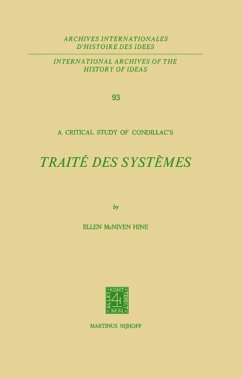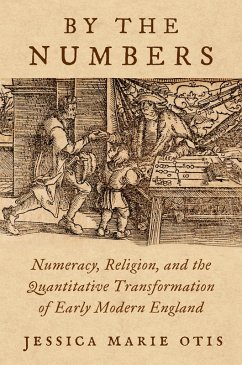
History of Science, History of Text (eBook, PDF)

PAYBACK Punkte
88 °P sammeln!
two main (interacting) ways. They constitute that with which exploration into problems or questions is carried out. But they also constitute that which is exchanged between scholars or, in other terms, that which is shaped by one (or by some) for use by others. In these various dimensions, texts obviously depend on the means and technologies available for producing, reproducing, using and organizing writings. In this regard, the contribution of a history of text is essential in helping us approach the various historical contexts from which our sources originate. However, there is more to it. W...
two main (interacting) ways. They constitute that with which exploration into problems or questions is carried out. But they also constitute that which is exchanged between scholars or, in other terms, that which is shaped by one (or by some) for use by others. In these various dimensions, texts obviously depend on the means and technologies available for producing, reproducing, using and organizing writings. In this regard, the contribution of a history of text is essential in helping us approach the various historical contexts from which our sources originate. However, there is more to it. While shaping texts as texts, the practitioners of the sciences may create new textual resources that intimately relate to the research carried on. One may think, for instance, of the process of introduction of formulas in mathematical texts. This aspect opens up a wholerangeofextremelyinterestingquestionstowhichwewillreturnatalaterpoint.But practitioners of the sciences also rely on texts producedby themselves or others, which they bring into play in various ways. More generally, they make use of textual resources of every kind that is available to them, reshaping them, restricting, or enlarging them. Among these, one can think of ways of naming, syntax of statements or grammatical analysis, literary techniques, modes of shaping texts or parts of text, genres of text and so on.Inthissense,thepractitionersdependon,anddrawon,the"textualcultures"available to the social and professional groups to which they belong.
Dieser Download kann aus rechtlichen Gründen nur mit Rechnungsadresse in A, B, BG, CY, CZ, D, DK, EW, E, FIN, F, GR, HR, H, IRL, I, LT, L, LR, M, NL, PL, P, R, S, SLO, SK ausgeliefert werden.












